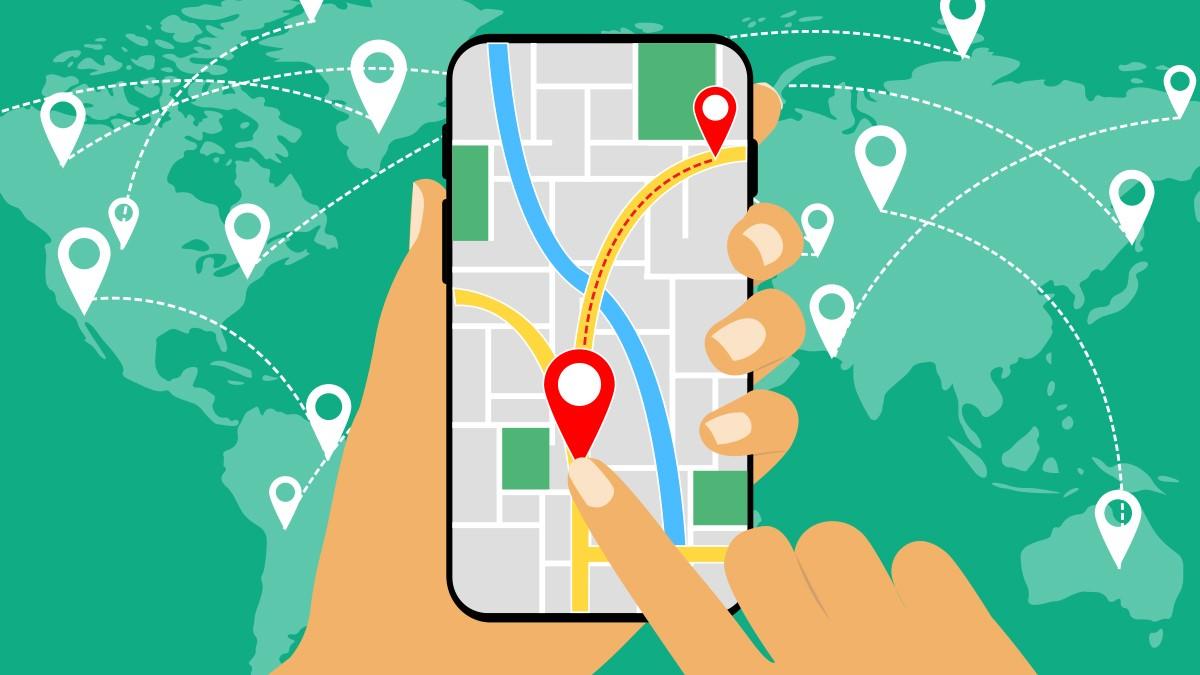Our placement case studies are great examples of placements that allow students to experience what careers may be like

Occupational therapists (OT) for a long time now have used the pre-registration placement experiences to advance their profession, giving their students the opportunity to experience settings where OTs could work but don’t currently. These ‘role emerging placements’ have been the envy of other professions, including physiotherapy, as it grappled to break out of more traditional and sometimes risk-averse patterns.
As physiotherapy has continued to evolve, what might have once been seen as a predominantly ‘OT concept’ has moved from the fringes to centre stage. Long may that continue! If the pandemic has taught us one thing it is that the ability to think on your feet, implement new ways of working and reimagine services overnight are necessary for everyone, whatever stage of your career you are at. It’s also, very definitely, allowing us to challenge what’s historically been deemed ‘too advanced’ or niche.
The following three case studies are great examples of placements that allow students to experience what might be their careers a few years beyond graduation.
Glen Davies, advanced MSK physiotherapist at Wrightington, Wigan and Leigh Teaching Hospital NHS Trust has been offering students the opportunity to engage with three different modes of physiotherapy contact:
- tele consultations
- virtual consultations via electronic solutions
- in person contact using full PPE according to government guidance.
Students follow a patient journey. With their practice educator present during the consultation students present their case, showing their interventions and/or management. During this they need to identify how this management has changed or been influenced by Covid-19. While on placement students are also encouraged to offer suggestions for potential service changes/innovation that could be implemented. The whole team review these suggestions with a view to taking them on board.
Glen believes that moving away from a traditional model of solely in person consultations provides variety and more learning opportunities for both student and clinicians. Moreover, with the technologies available, the service has been able to offer a more inclusive service to non-English speakers, deaf and visually impaired patients. Which is great for students to be considering as they embrace patient-centred care. They’re able to experience first-hand the impact of being flexible, creative and making simple changes that open up access to a wider range of patients.
Angela Charnock & Joy Eccles, clinical specialist physiotherapists within the Pain Team at Central Lancashire moving well service, Lancashire & South Cumbria NHS Trust.
The trust is committed to offering pain management placements with a mixture of in clinical and project based activity during the pandemic.
Angela and Joy reflected that: ‘Historically pain management placements were rare as it was thought that students needed to establish their MSK knowledge first, and that “pain” was too complex. What we now understand and appreciate is that pain placements enhance MSK and other areas of physiotherapy.’
The team therefore felt it was invaluable for students to experience pain management in ‘real life’, even if that experience was different under the circumstances. Patient appointments were completed either with an online platform, via telephone consultation, or in some cases in person, when appropriate.
Working remotely, as the whole team were doing, had many benefits, enabling the student to work alongside the full multidisciplinary team seamlessly, something which would have been more challenging to achieve prior to the move to remote working. Remote working allowed the student to join the MDT meetings via MS Teams, listening and participating in patient case discussion.
Angela and Joy felt strongly that this new way of working enhanced communication skills and allowed new ways of thinking and working to come to the fore, all to the benefit of their patients. They noted that patients responded well to this new way of interacting, allowing them to feel more comfortable during appointments as well as reducing unnecessary travelling.
Student feedback has been positive. The placement offered the student the opportunity to experience an area of physiotherapy that might not be typically offered.
And, because of the mixed remote/in person model used, the student had also been able to see how technologies can be used effectively with patients and to enhance team working.
Friederike Stenning, clinical lead and head of intermediate care at Guy’s and St Thomas’ NHS Trust, Intermediate Care Lambeth (community)
She has developed an opportunity for students to work directly with her on a leadership placement. The placement puts the emphasis firmly on strategy, planning, change management, data collection and cross-professional reasoning within integrated health and social care services.
Multidisciplinary team-working also sits at the heart of this with students having the opportunity to interact with teams consisting of nurses, physiotherapists, occupational therapists, pharmacists, pharmacy technicians, rehab support workers, senior rehab support workers as well as social care practitioner managers, assessors and those from business support services.
The placement was a success for the student and the trust. The work that the student carried out was shared with the wider team and has very much influencing next steps.
The trust is now working on a model that will involve the band 8a clinical managers in the future.
Number of subscribers: 2




































